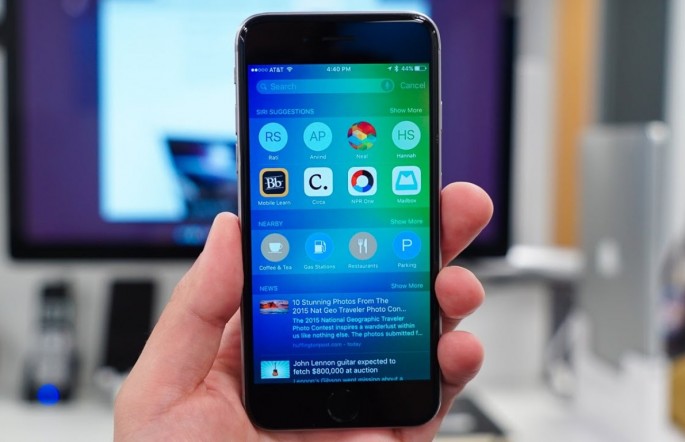Most iPhone users, particularly those who have moved away from Android, excessively kill apps on their handsets. Such users think that killing apps improves battery life.
The myth could not be true as pointed out by Apple's Senior Vice President Craig Federighi. In a response to a user's question, initially directed at CEO Tim Cook, on whether he kills apps on his iPhone while multitasking and if that improves battery life, Federighi wrote via 9to5mac, "No and No."
Furthermore, Apple's support website suggested the same, though it does not do it precisely as Federighi. According to the statement written on the site, as soon as a user switches to a different app, some apps run for some time before they are set to a suspended state. Apps in such a state are not actively in use, open, or taking up system resources.
Using Background App Refresh, suspended apps can check for updates and new content. In addition, forcing an app to quit seems to be a reasonable way of freeing up memory, and therefore, save battery life. While that is exactly how Windows and Android respond to such actions, it would not work on iOS because of how it has been created to handle it.
Fraser Speirs explained in 2012 that when a user presses the home button, an app moves from Active state to Background state. As a result, the app is not visible on the display but still runs in the background. Most apps remain in the background state for some seconds before they go to Suspended state, whereby the app lives in the memory, but does not use battery power.
Speirs wrote, "You may think that, if an app is resident in memory, you have to somehow remove it to conserve memory. You don't because iOS does it for you. If there are Suspended apps lying around and you launch a memory-intensive app such as a big game, iOS will start to purge Suspended apps and move them to the Not Running state."
However, quitting apps manually could have a negative implication on the iOS device's battery life. The moment one closes an app, it goes in the idle state but stays in the memory. Manually quitting the app moves it out of the device's RAM.
The user will be compelled to open the app from scratch again as opposed to simply pulling it from the memory, and therefore, use some extra power. Watch the clip below for further information.



























